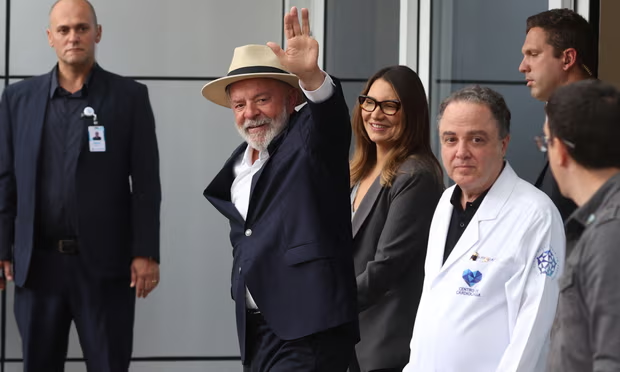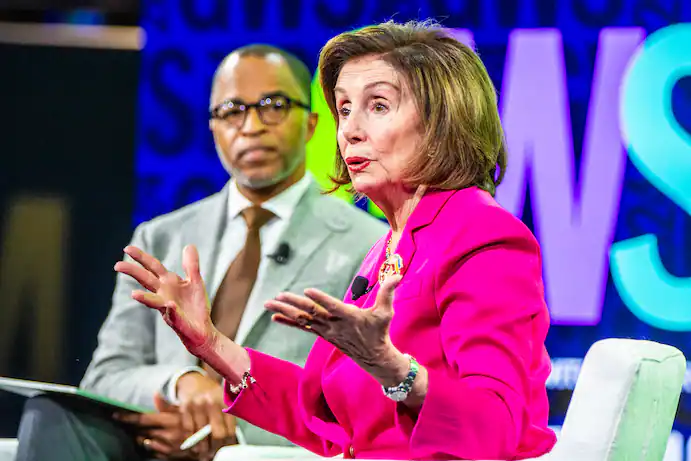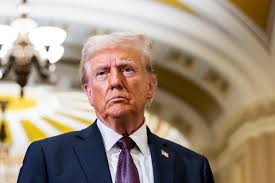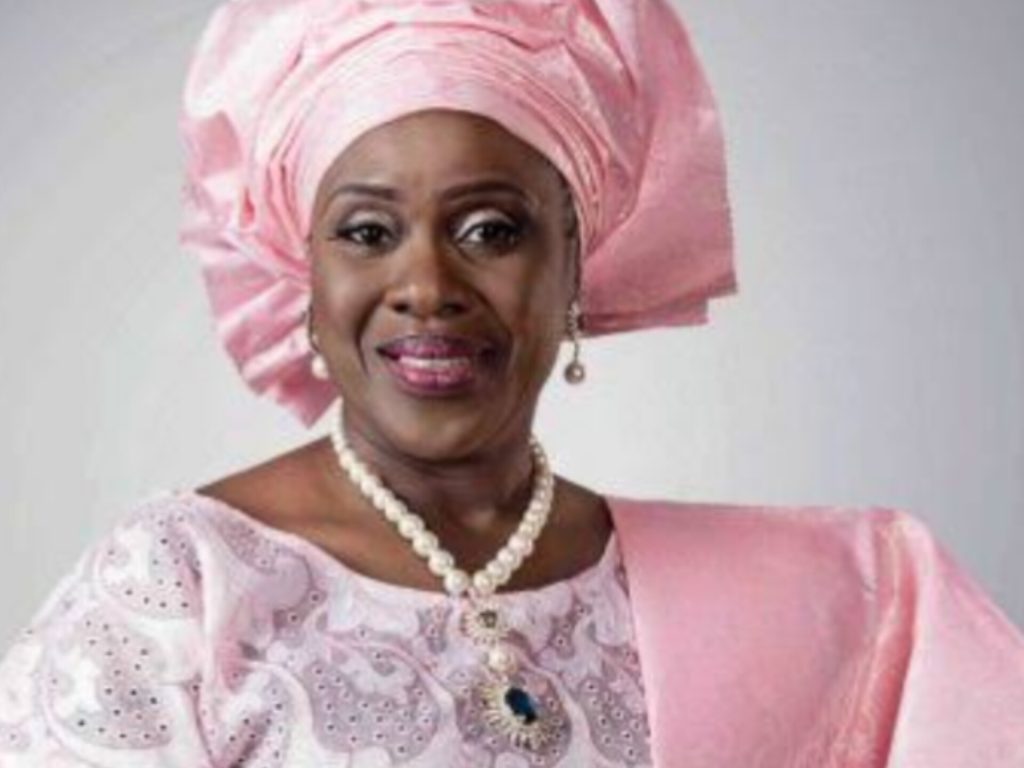Brazil’s President Lula leaves hospital after brain surgery

Brazilian President Luiz Inácio Lula da Silva has been discharged from the hospital after undergoing brain surgery, marking a key moment in his recovery and leadership. The 78-year-old president, who had been receiving medical care for a health condition, left the hospital after successful surgery to treat a serious but non-life-threatening issue. His discharge has been met with relief from both Brazilian citizens and international observers, who had been closely following his condition, given the impact of his leadership on both national and global fronts.
Lula, a former union leader who served as president of Brazil from 2003 to 2011 and was re-elected for a third term in 2022, had been hospitalized due to a condition that required surgery. The specific details of his surgery have not been fully disclosed, but it was reported that the procedure was related to his health problems, which were diagnosed as a benign tumor in his brain. Lula’s medical team emphasized that the tumor was non-cancerous, and the surgery was needed to ensure his long-term health.
The news of Lula’s surgery raised concerns across Brazil, especially considering his age and the high demands of his office. Despite the worries, the procedure was said to have gone smoothly, and Lula’s doctors have been optimistic about his recovery. The surgery was reportedly necessary after Lula had experienced health issues that had raised alarm bells over the past few months.
Surgery and Recovery
After the surgery, Lula was placed under observation and received care from a team of doctors at one of São Paulo’s most renowned medical centers. The medical team reported that the surgery was successful and that Lula’s condition was stable. Though he was expected to remain in the hospital for a few days, his doctors stated that he would be able to return to his duties as president shortly. During his stay, Lula maintained communication with his close family members and senior government officials, reassuring the public that he was in good spirits and fully aware of ongoing political and social matters.
The surgery was seen as a precautionary measure to address the growing health concerns and ensure that the president remained fit to lead. Following the procedure, the presidential office released a statement thanking the medical staff for their care and expressing confidence that Lula would continue to focus on the key priorities of his government, including combating poverty, boosting the economy, and addressing climate change.
Political Implications and Reactions
Lula’s recovery has been met with a sense of relief across Brazil, as his leadership is central to the current political climate in the country. Lula’s presidency has brought significant changes, especially in areas such as income inequality, social programs, and economic reforms. His political opponents, however, have seized the opportunity to voice concerns about his health and the continuity of his leadership.
Lula’s health has been a subject of concern throughout his political career, especially after he faced a cancer diagnosis in the past. Despite overcoming this challenge, the issue of his health has remained in the spotlight due to his age and the physical demands of leading one of the world’s largest democracies. However, Lula has remained resolute in his commitment to his presidency, consistently expressing his desire to work toward Brazil’s progress.
In response to the surgery, leaders from various political parties in Brazil have offered their support and well-wishes to the president. His allies have emphasized the importance of Lula’s leadership in addressing Brazil’s challenges and the pressing issues of poverty and inequality that continue to affect millions of Brazilians. At the same time, some critics have raised concerns about the impact of his health on his ability to carry out the responsibilities of the office effectively.
Lula’s Presidency Amid Health Concerns
Lula’s re-election in 2022 was a momentous event, given his prominence as a political figure who had previously transformed Brazil’s social and economic landscape. During his two terms in office, Lula implemented significant social programs that lifted millions of Brazilians out of poverty and reduced inequality. He remains a popular figure, especially among the working class and marginalized communities, who see him as a champion of social justice and economic equality.
Despite his age and health concerns, Lula has been determined to pursue the reforms he championed during his earlier presidencies. His current agenda focuses on tackling Brazil’s economic challenges, fighting deforestation in the Amazon rainforest, and promoting social welfare programs for the country’s poor. These priorities have been central to his campaign and his government, with many hoping that Lula will be able to navigate Brazil’s complex political landscape and address the country’s deep-seated issues.
Lula’s ability to lead during this period of recovery is crucial, as Brazil faces multiple challenges, including high inflation, unemployment, and political polarization. While Lula has managed to secure significant support from the population, he continues to face opposition from conservative sectors of society, which question the viability of his policies and his ability to implement change effectively.
Public Sentiment and Future Leadership
With Lula’s discharge from the hospital, attention has now turned to his recovery and his return to the helm of Brazilian politics. His office has assured the public that he will resume his work as president, but questions about his long-term health will likely continue to be raised.
Public sentiment remains largely supportive, with many Brazilians expressing hope for his swift recovery. Lula’s past achievements have left a lasting legacy in the country, and many view him as a leader who can help steer Brazil back toward prosperity after years of economic instability. His popularity among the nation’s poor and working class has ensured that his influence remains strong, despite the challenges he faces in the later years of his political career.
As Lula continues his recovery, Brazil watches closely, eager to see how he will navigate the remaining years of his presidency and whether his health will allow him to complete his term. Despite the setbacks, Lula’s determination to lead remains a central aspect of his legacy and the future of Brazilian politics.






